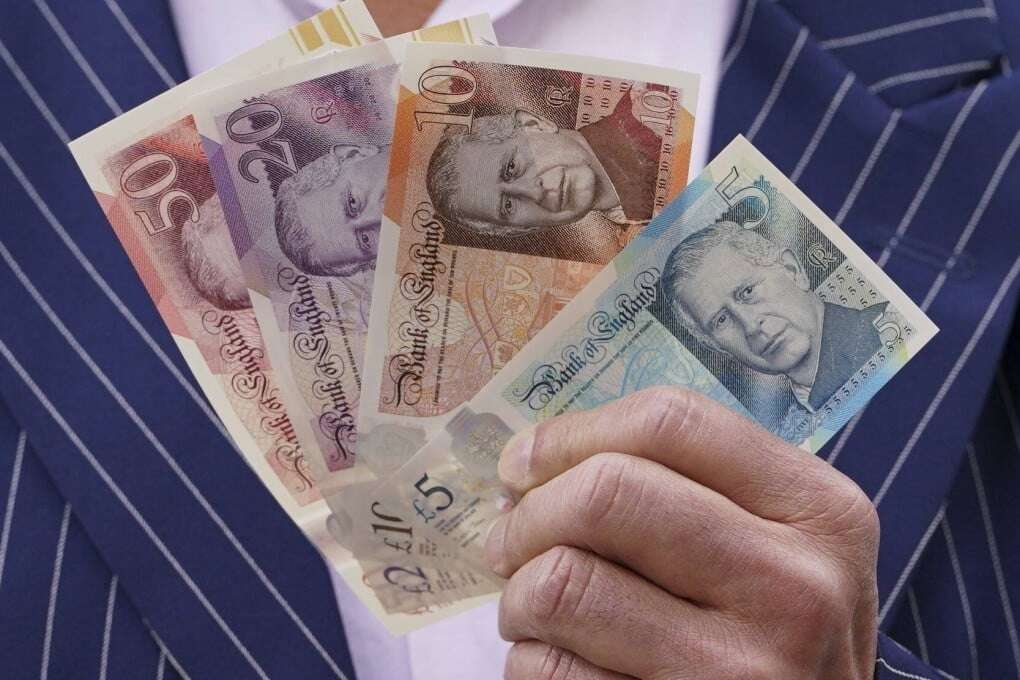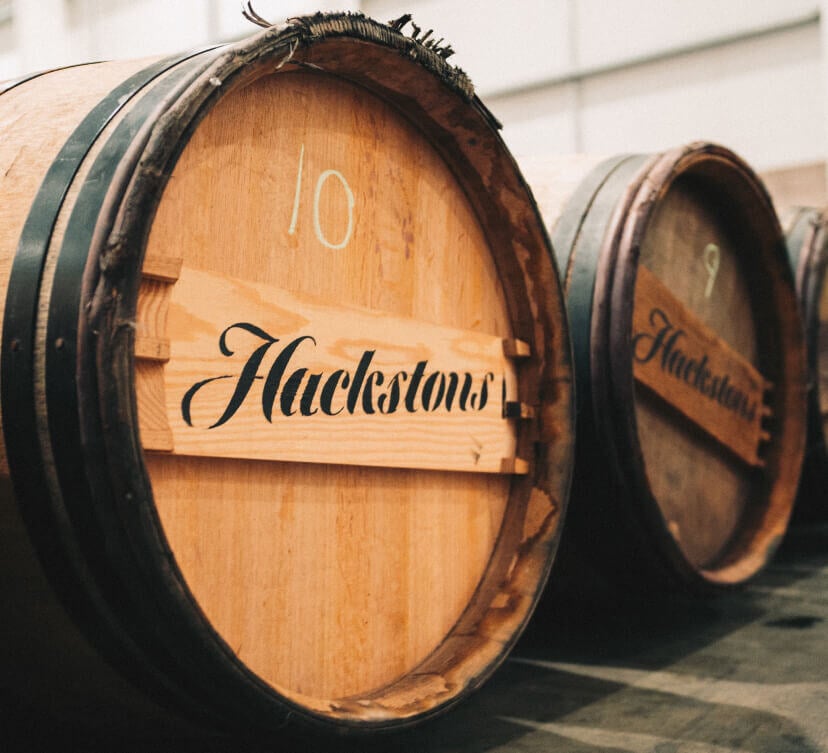Download Whisky Guide
"We will increase the lower rate of CGT from 10-18% and the higher rate from 20-24%. While maintaining the rates of CGT on residential property at 18 and 24% too.”
This hike in CGT came into effect from 30th October 2024, as opposed to in the next financial year, and the CGT-free allowance remains at £3000, so there isn’t much room to play with before it kicks in. Though some will take solace in the fact the rates on residential property remain the same, it paints a potentially bleak picture for those with assets that qualify for CGT outside of property.
While it is less of a hike than the 40% some were touting, what this could mean for high earners and investors, especially those with substantial investments in a number of assets, is that they will potentially face a heavier tax burden under the new CGT rates, reducing the net gains for high-value asset sales. These include the majority of personal possessions worth £6,000 or more, second homes, primary homes if they are let out, business assets and any shares not included in an ISA.
In addition, the government will increase Capital Gains Tax rates on carried interest to 32% from April 2025, meaning that the tax rate paid by private equity bosses on their gains will rise from 28p to 32p.

“The previous government froze IHT thresholds until 2028, I will extend it to 2030. This means that the first £325,000 of any estate can be inherited tax free. Rising to £500,000 if the estate includes a residence passed to direct descendants, and £1m when tax-free allowance is passed to a surviving spouse or civil partner.”
The extended freeze means that, as asset values appreciate—especially for properties, investments, and other estate holdings—more of an estate’s value will exceed the nil-rate threshold, subjecting it to the 40% inheritance tax rate. HNWIs are potentially more likely to face a growing tax bill on estates unless they take measures to mitigate their liability.
Rachael Griffin, tax and financial planning expert at Quilter, said: “The decision to continue the freeze on the IHT nil rate band at £325,000 will pull many more estates, which many would consider relatively modest, into the inheritance tax net.”

“We will close the loophole created by the previous government, by bringing inherited pensions into inheritance tax from April 2027.”
The news on inherited pensions forming part of inheritance tax from April 2027 will likely not be welcomed by many.
Mike Ambery, retirement savings director at Standard Life, part of Phoenix Group, said: “Now, the value of pension pots will be added to the total value of other assets and if over the IHT threshold of £325,000, aside from other exemptions, will be taxed in the same way. This represents a fundamental shift to how wealthier individuals think about accessing their money in retirement.”
He added: "At present it makes more sense to access ISAs and other forms of savings before touching pensions. In time we’re likely to see more pensions, accessed earlier to prevent them from becoming part of people’s IHT bill at a later date."
This development will potentially lead many to reconsider retirement and estate planning strategies in order to avoid being taxed on inherited pensions.

“We will be increasing stamp duty land tax surcharge for second homes known as the higher rate for additional dwellings to 5%, from 31st October 2024.”
Higher stamp duty makes purchasing second homes, holiday homes, and buy-to-let properties more expensive. This reduces the potential yield on such investments since the initial outlay is now higher. The change may lead investors to reconsider long-term property strategies, as the traditional “buy and hold” model for second homes is now less profitable.
With residential property investments becoming costlier, individuals will potentially be looking to diversify into alternative asset classes, pivoting toward assets like art, cask whisky or other commodities, which don’t face similar taxes on acquisition.

In terms of CGT-free assets, cask whisky falls into this category. What this means, is that the profits you make from the proceeds of a sale of a cask are not subject to Capital Gains Tax.
The reason for this is that under HMRC, Guidance HS293, cask whisky is classed as a ‘wasting asset’. Simply put, a wasting asset is an asset with a predictable life of 50 years or less. The natural evaporation that forms part of the maturation process of a whisky cask (known as the angel’s share), means whisky casks do not have a predictable life over 50 years. So under current tax laws profits from the sale of casks are not subject to capital gains.*
*It should be noted that if casks are bottled, the process will be subject to duty, VAT and potentially CGT as it is no longer classed as a wasting asset, due to the fact that it does not continue to mature in the bottle.

Hackstons offers you more than just whisky, we offer expertise, transparency, and an opportunity to diversify your portfolio with one of the world’s most unique assets.
Download our guide for a deeper dive into whisky investments, or schedule a call with one of our expert team members.
You don't need to be a whisky drinker to enjoy the benefits of it.
We understand how important it is to understand all of the risks associated with investing, and at Hackstons we pride ourselves on our transparency. As such, below you will find the main risks to consider and the key considerations to understand when investing in cask whisky.
1. Whisky cask-investments are unregulated in the UK
2. Investment value can go down as well as up
3. A whisky cask is not a regulated financial product carrying a cancellation-right for a cooling-off period following its purchase. However, every contract to purchase a cask with Hackstons is accompanied by a cancellation form which gives you the right to cancel your order within 14 days of purchase for no fee. NOTE: Outside of this 14 day cancellation period you are unable to cancel your purchase
4. Cask-owners must arrange and pay for:
I. bonded-warehouse storage of casks
II. services for periodic maintenance whether provided by Hackstons or another service-provider, including testing and regauging-services to identify the degree of decrease in spirit-volume caused by evaporation over time
III. insurance cover when taken out against the risk of damage to casks or contents
5. Casks can be realised by re-sale for onward storage in bonded warehousing, or (subject to VAT and liquor duty becoming payable on the original purchase price) by removal for bottling or owner-retention/consumption;
6. The time a cask can be retained as an investment with prospects of meaningful realisation may depend on market factors and on its retention of the minimum 40% spirit-volume required for classification as “scotch whisky”
Other industry-specific risks and factors to consider that could impact the value of your investment are:
1. A slowdown of global demand for whisky.
2. The oversupply of whisky.
3. Changes to legislation involving the sale of whisky.
4. Certain countries implementing a prohibition of alcohol.
5. Outbreak of global conflict or a natural disaster catastrophic enough to shut down global supply chains.
These risks typically can be managed by working with a brokerage such as Hackstons.
The final 'risk' is to understand our disclaimer that outlines our terms of business with you. Below is our full disclaimer regarding cask whisky investment with Hackstons:
1. You must be 18 years or older to purchase alcohol-based products from Hackstons.
2. Hackstons is not authorised or regulated by the Financial Conduct Authority (FCA), and we do not offer any specific financial advice on the use of assets as investments.
3. All information about asset purchases on our website and social media sites is for information purposes only. No information provided should be taken as financial advice on asset investment. If you wish to obtain financial advice on asset investments, you should seek the assistance of a qualified financial advisor before carrying out your purchase through Hackstons.
4. Hackstons is not responsible (to the extent permitted by law) for (i) any loss or reduction in value of the investment, (ii) any costs of managing the investment or achieving an exit or (iii) achieving for the investor an exit on acceptable terms, or at all.
5. Hackstons employees are not tax advisors and cannot advise on the tax benefits of asset investment. If you require tax advice on asset investment, you should seek the advice of a qualified tax advisor.
6. Information provided by Hackstons is of a purely general nature, and it does not always relate to trades, sales or returns carried out or achieved by Hackstons.
7. All casks are stored within HMRC-bonded warehouses and are subject to strict rules and regulations set by HMRC. Hackstons may occasionally require certain information from you to comply with HMRC requirements.
8. Hackstons do not represent or warrant the accuracy of the data which we quote from third party sources.
9. All testimonials featured on our website, landing pages and marketing materials are just a sample of our Trustpilot reviews and it is worth noting all reviews can be found on our Trustpilot page.
10. All references to tax-free or tax efficiency refers to the exemption of Capital Gains Tax on wasting assets, which includes whisky casks as they’re considered to have a predictable life not exceeding 50 years. This exemption only applies to whisky in casks, once bottled duty and VAT will need to be paid.
11. Cask whisky investments are likely to be more recession-resilient than other types of more traditional investment, due to the fact that the whisky industry is led by consumer demand which tends to hold up better for numerous reasons, including but not limited to, the fact that the primary purpose of whisky is the consumption of the liquid, not the returns generated from the liquid.